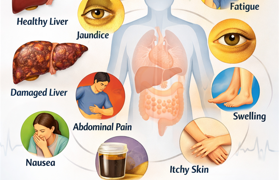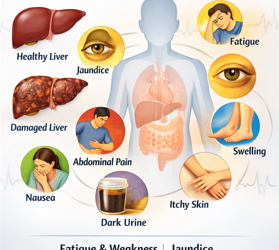Whether you are dealing with a damaged tooth, a cosmetic concern, or simply seeking an extra layer of protection, dental crowns can be a game-changer. With their remarkable craftsmanship and natural aesthetics, dental crowns offer a transformative solution that often goes unnoticed by many. They have an incredible ability to restore, protect, and enhance damaged or imperfect teeth.
This blog is dedicated to those willing to enter into the world of dental crowns. Here we will explore everything you need to know about fixing dental crowns London, their benefits, the procedure itself, and why they have become a go-to solution for countless individuals seeking to enhance their smiles and overall oral health.
Without further ado, let us get started with the topic!
Understanding the Basics of Dental Crowns
Dental crowns or dental caps are tooth-shaped prosthetics that encase a damaged or decayed tooth. They help restore its strength, functionality, and appearance. These crowns are custom-made to match the colour, size, and shape of your natural teeth, ensuring seamless integration within your smile.
What Are the Benefits of Dental Crowns?
Protection and Strengthening Dental crowns act as a protective shield for weak or damaged teeth. They provide a durable barrier against further decay or fractures, preserving your natural tooth structure. By covering the tooth entirely, crowns distribute bite forces evenly, reducing the risk of cracks or fractures caused by excessive pressure.
-
Improved Aesthetics
Beyond their functional advantages, dental crowns also offer exceptional cosmetic benefits. Crowns can effectively address issues like severe discolouration, misshapen or small teeth, and gaps between teeth. With the help of dental crowns, you can achieve a brighter, more symmetrical smile that boosts your self-confidence.
-
Longevity
When properly cared for, dental crowns have an impressive lifespan, often lasting 10-15 years or even longer. Regular dental check-ups, good oral hygiene practices, and avoiding habits like biting on hard objects will help maintain the integrity and longevity of your dental crowns.
What to Expect from our dentist in the Dental Crown Procedure
Now that we have explored the advantages of dental crown fixing, let us go through the procedure itself. It is essential to have a comprehensive understanding of what to expect before, during, and after the treatment. Here is what the treatment plan you need to know:
-
Consultation and Treatment Planning
During your initial consultation, your dentist will assess your oral health and discuss your goals. X-rays may be taken to evaluate the condition of the affected tooth and surrounding structures. Once your dentist determines that a dental crown is an appropriate treatment, they will discuss the material options (such as porcelain, ceramic, metal, or a combination), and together, you will decide on the best choice for your specific needs.
-
Tooth Preparation and Temporary Crown
To accommodate the dental crown, the tooth receiving the crown will be reshaped to remove any decayed or damaged portions. Next, an impression of the prepared tooth and the surrounding teeth is taken to ensure a precise fit. A temporary crown is then placed over the tooth to protect it while the permanent crown is fabricated in a dental laboratory.
-
Final Crown Placement
Once the permanent crown is ready, you will return to the dental office for the final fitting. Your dentist will remove the temporary crown and carefully place the permanent crown, ensuring a comfortable fit and optimal aesthetics.
Post-Operative Care for Dental Crowns
To maintain the longevity and appearance of your dental crowns, you need to create and follow an oral hygiene routine. This includes:
-
Brushing and Flossing
Brush your teeth at least twice in a day using your soft-bristled toothbrush and fluoride contain toothpaste. Pay extra attention to the gum line and the area where the crown meets the natural tooth. Gently clean around the crown using small, circular motions. Don’t forget to floss daily to remove plaque and debris from between your teeth and around the crown. Use a floss threader or a specialized floss for dental work to ensure thorough cleaning.
-
Avoiding Harmful Habits
Avoid habits that can potentially damage your crowns, such as biting on hard objects like ice, pens, or fingernails. Refrain from using your tooth as tool to opening packages or bottles. These actions can put unnecessary stress on the crowns and may lead to cracks or fractures.
-
Balanced Diet
Maintaining a healthy diet contributes to the longevity of your dental crowns. Avoid excessive consumption of sugary foods and beverages, as they can increase the risk of tooth decay and gum disease. Instead, opt for a balanced diet rich in fruits, vegetables, lean proteins, and dairy products to support your overall oral health.
Final Thoughts
Dental crowns are not only functional dental restorations but also powerful tools for transforming your smile and boosting your self-confidence. Whether you are seeking to repair a damaged tooth, enhance your aesthetics, or protect vulnerable teeth, they offer a versatile solution with long-lasting benefits.
Now that you have understood the procedure, and how to care for your crowns, you can make informed decisions to improve your oral health.
At Emergency Dentist London Pro, we encourage you to take the first step and consult with one of our dentists to learn more about dental crown fixing. Contact us today!





































Discussion about this post